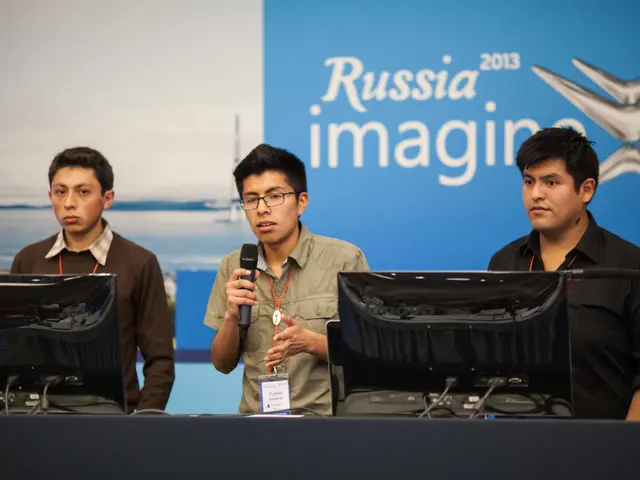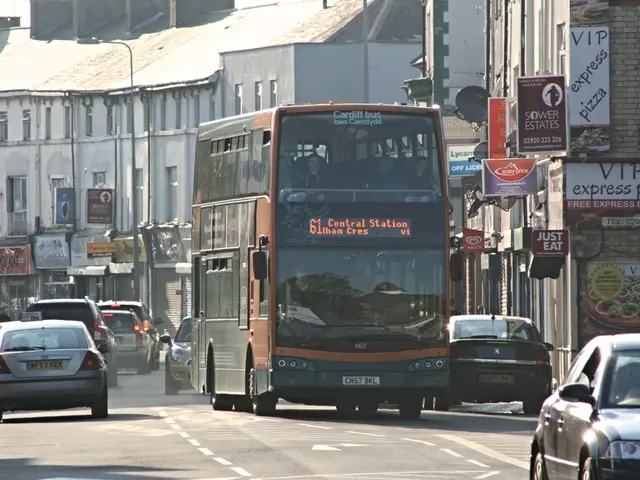Arizona's Immigration Journey: From Legal Battles to Policy Shifts
Arizona's immigration landscape has seen shifts over the years, from legal challenges to policy changes. In 2018, Arizona Justice for our Neighbors was established to support immigrants with legal, financial, and educational services. Meanwhile, the state's stance on immigration has evolved, with significant drops in border apprehensions and shifts in policy.
In 2010, Arizona made headlines with a law aimed at curbing illegal immigration, which expanded state and local law enforcement's powers. However, the U.S. Supreme Court later struck down three key provisions of this law in 2012. Since then, state-based immigration proposals in Arizona have been scarce.
In 2022, voters in Arizona showed support for immigrant rights by approving a resolution granting undocumented immigrants in-state tuition. This marked a shift in the state's stance on immigration.
Looking at border apprehensions, there has been a notable decline since President Trump took office. In 2025 so far, there have been 443,671 land border encounters, a significant drop compared to over two million each year in 2022, 2023, and 2024.
In 2025, U.S. Sen. Ruben Gallego proposed expanding legal pathway options and providing a pathway to citizenship for dreamers and long-term undocumented residents, indicating a continued focus on immigration reform.
Arizona's immigration journey has been marked by legal battles, policy changes, and shifts in public opinion. The establishment of Arizona Justice for our Neighbors in 2018 and the passage of the in-state tuition resolution in 2022 demonstrate a growing commitment to supporting immigrants. Meanwhile, the decline in border apprehensions and Senator Gallego's proposal suggest a continued evolution in the state's approach to immigration.
Read also:
- American teenagers taking up farming roles previously filled by immigrants, a concept revisited from 1965's labor market shift.
- Weekly affairs in the German Federal Parliament (Bundestag)
- Landslide claims seven lives, injures six individuals while they work to restore a water channel in the northern region of Pakistan
- Escalating conflict in Sudan has prompted the United Nations to announce a critical gender crisis, highlighting the disproportionate impact of the ongoing violence on women and girls.






